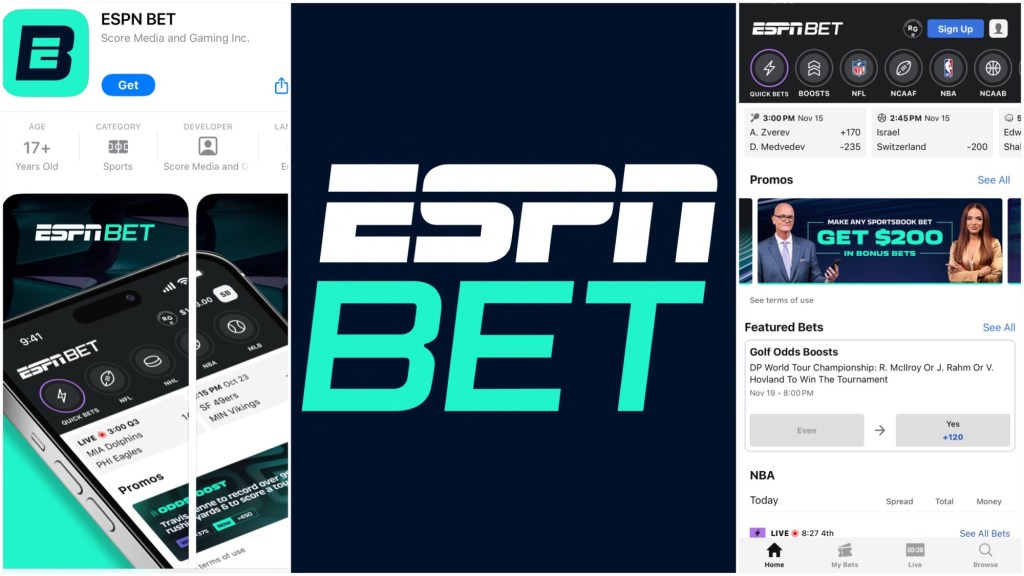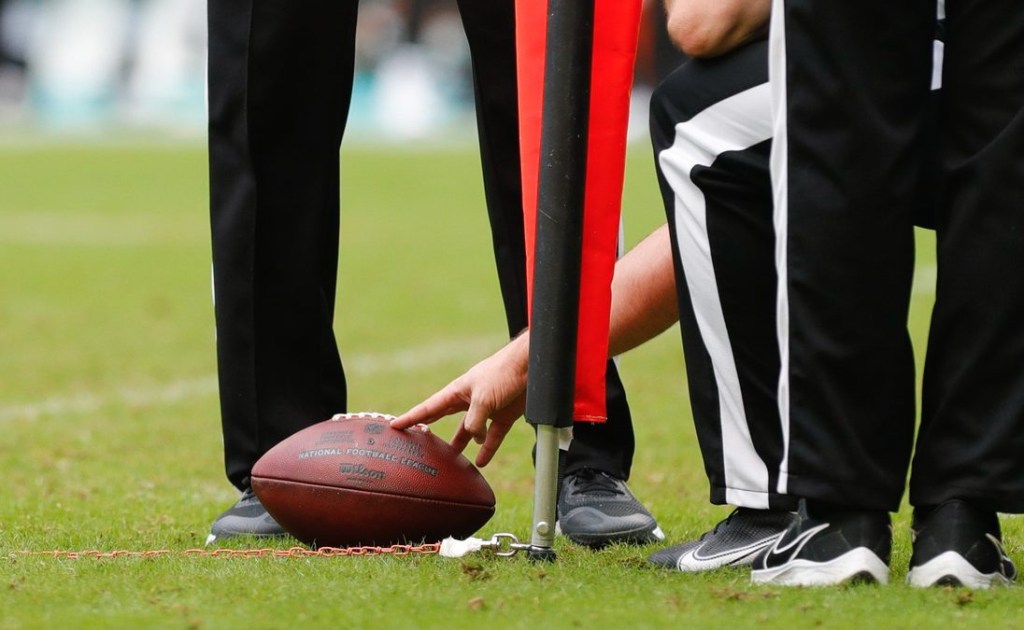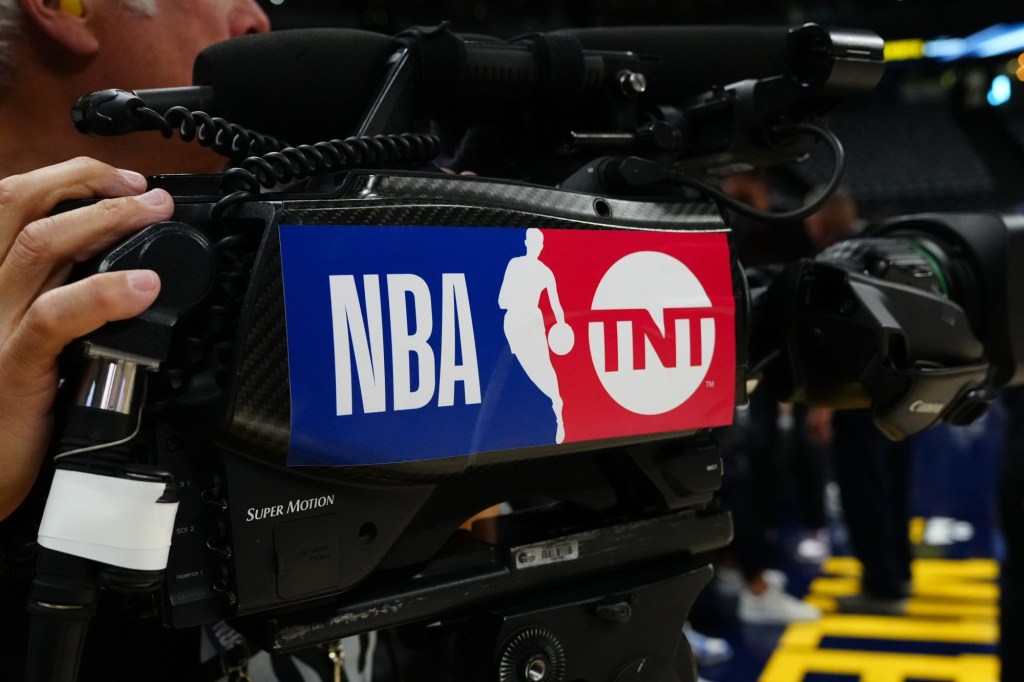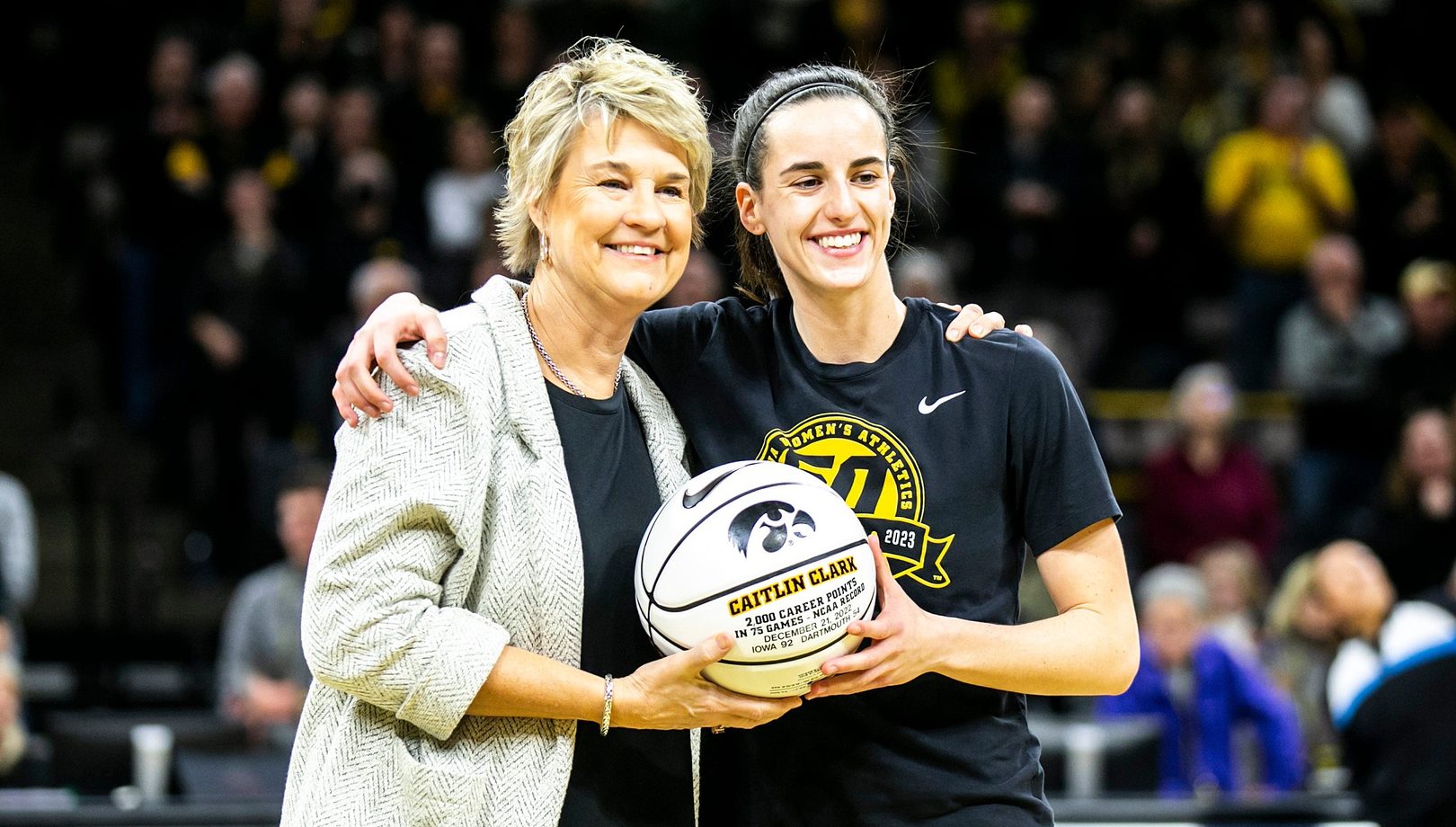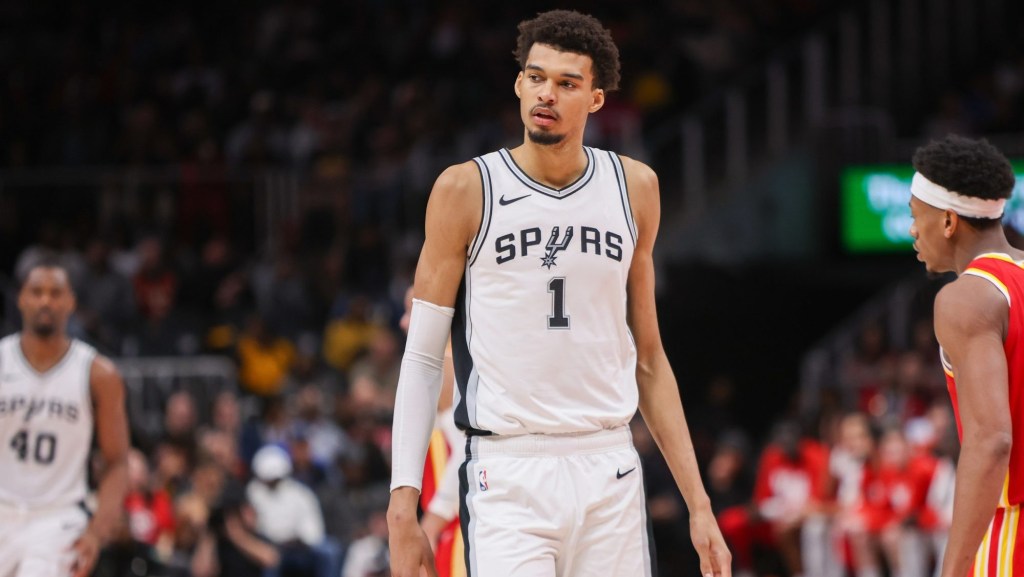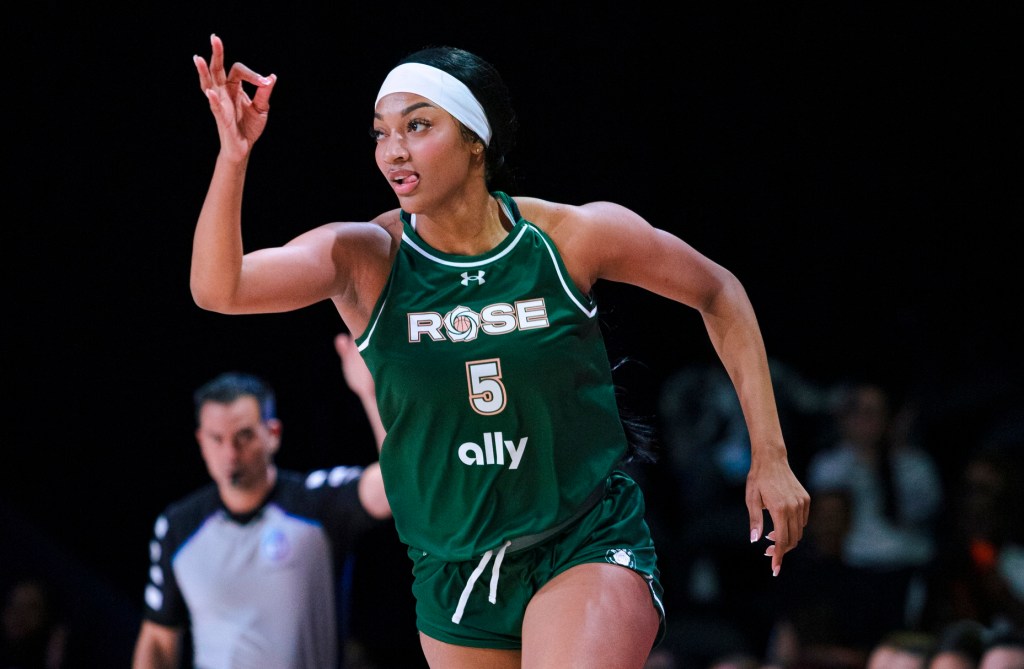The $2 billion bet by Penn Entertainment to create a large-scale sports betting brand through ESPN is showing more struggles. Some investors are now growing restless, and maybe Penn Entertainment is, too.
Penn Entertainment said Thursday it posted an adjusted fourth-quarter loss of $109.8 million from its interactive division that includes ESPN Bet’s online business. Penn Entertainment’s overall results, meanwhile, $1.67 billion in revenue and $133.8 million in net losses, missed analyst forecasts.
Those broader financial results follow the relatively meager standing ESPN Bet still holds in many key states. In the most recent data available, ESPN Bet ranked seventh in revenue in New York, Illinois, and New Jersey—the top three individual states for sports betting. In these key locales, ESPN Bet generally holds 1% to 2% of the market in terms of revenue, a far cry from the 20% share that Penn Entertainment and ESPN ultimately intend to garner by 2027.
Now nearly two years into the deal between Penn Entertainment and ESPN, sports betting leaders FanDuel and DraftKings continue to dominate the industry, and neither behemoth has seen any meaningful reduction in its market power.
Penn Entertainment president and CEO Jay Snowden acknowledged the uphill climb in an earnings call Thursday morning with analysts.
“We have more work to do to unlock the full potential and value of our partnership with ESPN,” Snowden said.
He then continued, and suggested that Penn Entertainment could even exercise an opt-out clause in its 10-year ESPN deal that is available in 2026.
“When we announced our partnership, both sides made it very clear that we expected to compete for a seat at the podium. And we’re not on pace right now to do that,” Snowden said. “We have tremendous plans in place for 2025 and 2026. But if, for whatever reason, we’re not hitting the levels that we need to, then obviously as you’re approaching the third anniversary, you have a three-year clause in that contract that both sides will have to do what’s in their best interests. And so that’s always out there.”
A Coming Reckoning?
Before that could happen, though, Penn Entertainment is also facing an activist investor effort to claim three board seats due to heavy dissatisfaction with the company’s interactive strategy. HG Vora Capital is seeking to reform what it calls “reckless spending,” in part through media partnerships like the one with ESPN.
“The company’s interactive strategy has been an abject failure due to a pattern of overpaying, overpromising, and not delivering,” said Parag Vora, HG Vora founder and portfolio manager.
Penn Entertainment previously spent $551 million purchasing Barstool Sports before selling the company back to founder Dave Portnoy for $1 to help finalize its ESPN partnership.
Snowden did not directly address the proxy fight Thursday, but the company has said it is “committed to creating long-term value for shareholders.” Penn Entertainment shares were essentially flat in early Thursday trading, but remain less than one-sixth of their value compared to early 2021.
Ironically, the situation bears some similarity to a separate, and ultimately unsuccessful, effort last year by activist investor Nelson Peltz to assume multiple Disney board seats. Among Peltz’s objections was ESPN’s digital strategy, now heightening with the pending debut of a direct-to-consumer service.


